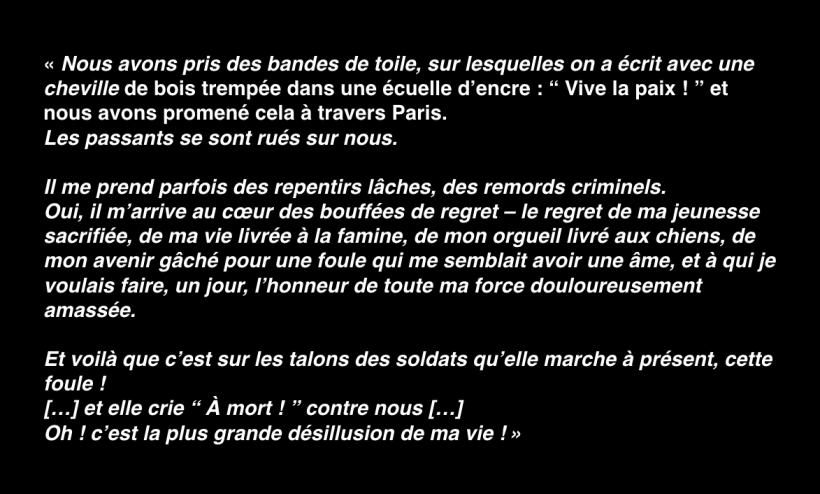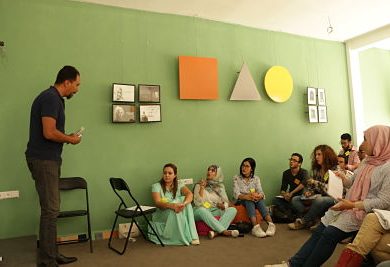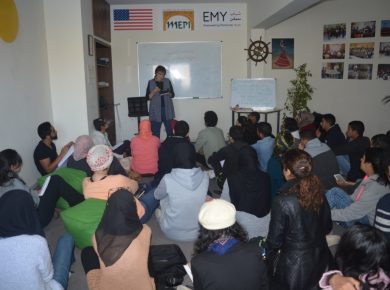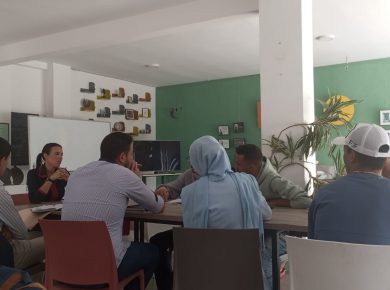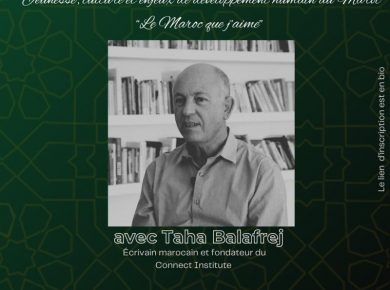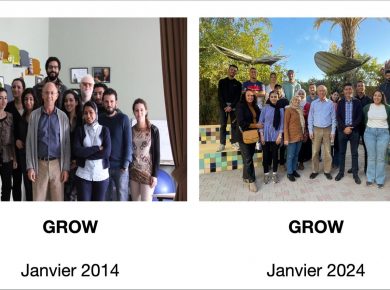Les participants ont lu cet extrait de « L’insurgé » de Jules Vallès, écrit en 1886.
L’objectif étant de maîtriser le processus : LIRE – COMPRENDRE – ANALYSER – PARTAGER.
En même temps que le processus, les participants ont aussi pris connaissance d’un texte et d’un contexte qui rappellent notre réalité d’aujourd’hui.
Voici ce que Smail Hrim, participant au programme MOMKIN, a retenu :
Time is merciless, as a human being I’m trying to acquire the maximum of pieces of information and ideas. Also, I’m trying to understand the process of self-development. But the question is how to understand this process?
In fact, 22 years old passed swiftly in my life, and I just discovered that I was ideologically blind, living darkness in the sunny days, but I may say that I’m not bad, because at least I have the ability to ask myself about how I could be blocked in analyzing and criticizing concepts, texts and everything around me. Passionately, I needed the tools, techniques and methods to live the rest of my life in peace, physically and mentally. honestly, I can’t deny that connect institute was the provider for my needs.
Well, Yesterday, 28 of march 2018 Mr. Taha Balafrej, the head of the institute delivered a significant topic which is about the analytical and critical thinking. To reach this level of thinking, we should go through a several steps. So, in order to understand this process Mr. Taha showed us an excerpt of “L’insurgé ‘of Jules Valles in order to aware us as a participants of the program MOMKIN, the four important steps of analytical and critical thinking.
First step is reading, in order to come up with the thesis statement the excerpt includes, we should read it many times, while reading, we shouldn’t stop on vocabularies we don’t understand, we need just to re-read the text so that our brain will assimilate the situation.
Second step is to understand what the writer wants to say, we only try to pick up the main idea the text conveys, no more no less.
Third step is analysis, which is the most important step in the whole process. So, in order to analyze the text, we should understand the context, for example, asking questions like:
Who’s the writer?
why he wrote this kind of text?
What’s the writer’s ideology?
These questions might be useful for us to discover things that are hidden behind the lines, in which it may shake our interpretations, the latter will lead us to conclude our own analyses.
Then, the critical thinking automatically comes by writing articles and communicating with other people, sharing with them our understanding. Unfortunately, the problem our community suffer from is that our schools don’t follow this process, they teach students to read various texts without giving them a method of a good comprehension.
So, respecting the order of this process of reading, understanding and analyzing without omitting any step will inspire us and gives us the power of knowledge.
